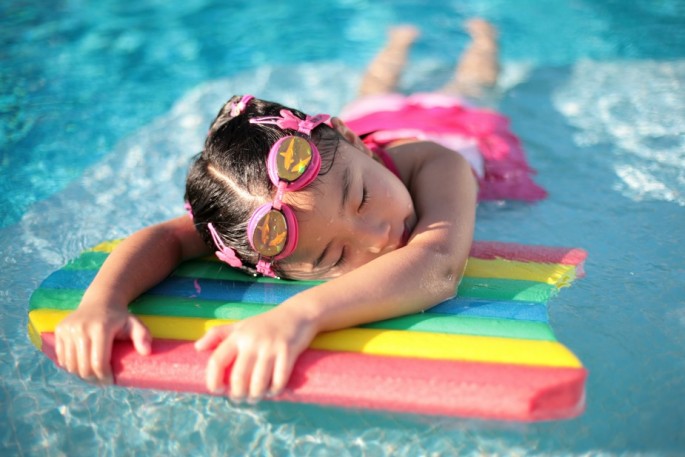Water borne disease outbreaks have been on the rise in the U.S. according to the Centers for Disease Control and Prevention where 90 illnesses were seen in 32 states including Puerto Rico from 2011 to 2012. These diseases have made 1,788 people ill that caused 95 hospitalizations and one death.
These outbreaks were apparently linked to treated recreational facilities such as swimming pools and hot tubs. Researchers have also detected a parasite called Cryptosporidium that is transmitted via swimmers into the water especially when they have diarrhea.
There are also other strings of bacteria found in pools such as E.coli but this will get killed within minutes to hours in chlorine treated swimming facilities however there are some instances that this parasite can also survive for 10 days or more even in the presence chlorine that supposedly kills bacteria.
According to CDC's Healthy Swimming Program chief Michele Hlavsa, those who are common victims of these outbreaks are mostly children. She says that these diseases have disproportionately affect younger children where they are usually the carriers of the disease since children often carry lots of germs.
The parasite cyptosporidiosis can cause gastrointestinal symptoms such as nausea, watery diarrhea and even vomiting, fever and stomach cramps that can lead to those who suffer from the disease to become dehydrated. Those who get infected can lose weight since the body loses the ability to absorb essential nutrients.
Unfortunately, early detection is difficult however diagnosis can be carried out upon the examination of stool samples from those individuals who are suspected of infection over the course of several days.
This parasite is also highly contagious and there is no current vaccine to prevent further infection so it is highly recommended for parents to take extra precaution to prevent their children from transmitting and getting infected in swimming pools.
In order to prevent the spread of disease, parents are advised to check if the pool had the most recent checkup via the local health department. Changing diapers of children should also be done away from the water and always remind children to not swallow the pool water.
For further prevention of the spread of this bacteria, pool owners should also require everyone to reduce the risk by taking a shower before going into the swimming pool in order to stop bacterial contamination in the waters.
Most importantly, those who are already suffering from diarrhea should refrain from swimming in public places such as pools and hot tubs for at least two weeks since this bacteria is quite contagious.



























